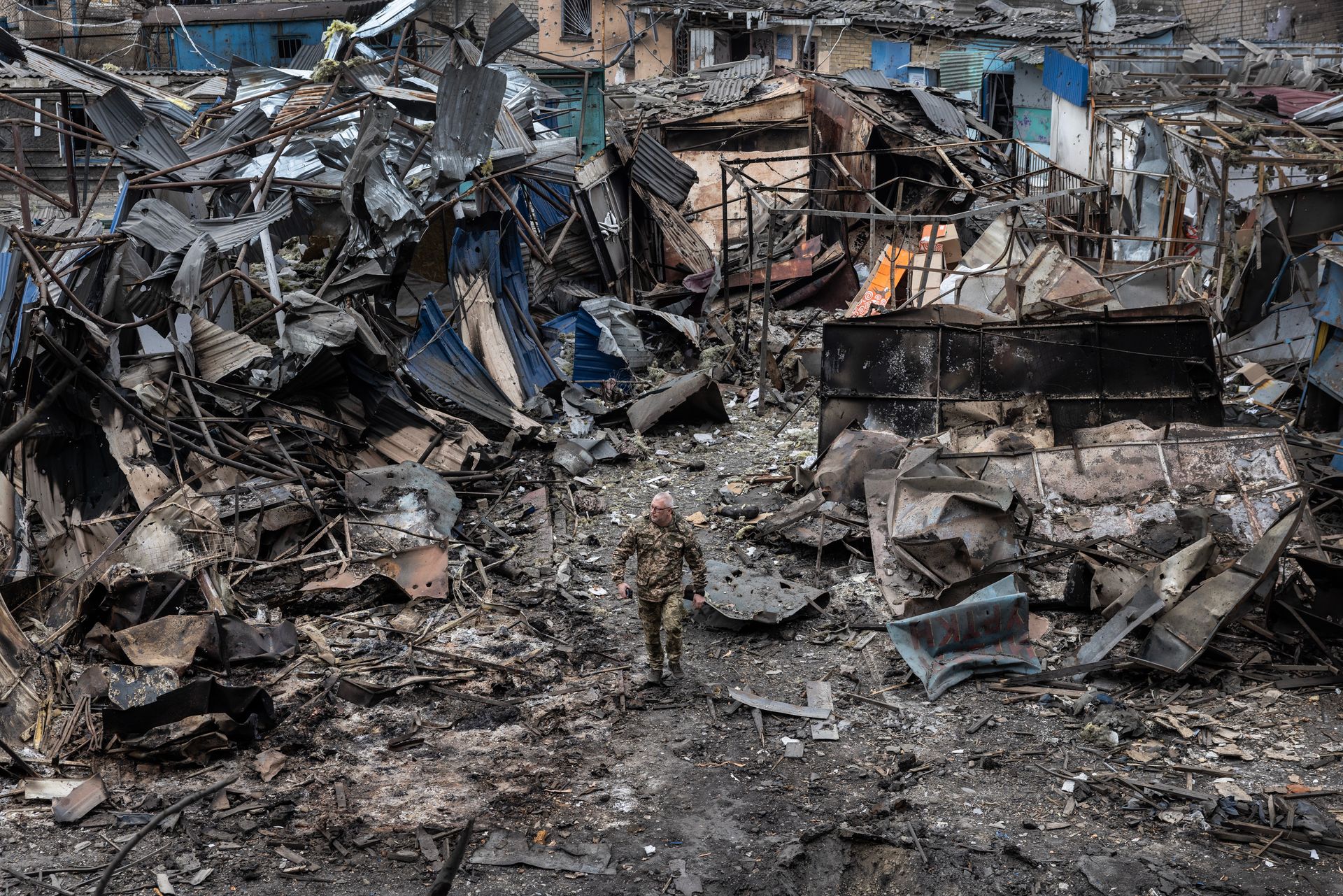Defense Ministry official suspected of accepting $1.3 million bribe over construction of military housing

A Defense Ministry official has been charged with accepting a bribe from a housing developer worth upwards of $1.3 million, Ukraine's anti-corruption agencies announced on Aug. 12.
Officials allege that an acting head of one of the Central Territorial Departments in Ukraine's Defense Ministry orchestrated a plot to help a developer secure a tender for a construction project in Kyiv, the National Anti-Corruption Bureau (NABU) and the Specialized Anti-Corruption Prosecutor’s Office (SAPO) said.
The tender surrounded the development of housing for military personnel, with the accused allegedly recruiting a bidder to implement the scheme.
The official allegedly set-up the bribe to be paid in three phases — an initial payment of $100,000 after the launch of bidding on the tender, a second payment of $400,000 upon signing the construction contract, and a final payment of $800,000 after the completion of the first stage of construction, official said.
After the launch of the bidding process for the tender, the developer allegedly lowered the proposed bribe to $1 million and made an initial payment.
While authorities did not provide the name of the accused, Ukrainska Pravda reported, citing sources in law enforcement, that the official in question is Vitaliy Haiduk, the acting head of the Main Directorate of Property and Resources.
The scheme reportedly revolves around the construction of a 16-story apartment building on a land plot in the Svyatoshynskyi distict of Kyiv, according to Ukrainska Pravda.
No information was provided as to fate of the developer allegedly involved in providing the bribe.
The accused has been charged under Ukraine's Criminal Code for "receiving an unlawful benefit."
The corruption revelations come weeks after Ukraine's parliament reversed course on the law limiting the independence of NABU and SAPO. Zelensky signed a bill restoring the agencies' independence on July 31, following widespread protests and international criticism over a prior law passed on July 22 that had constrained their powers.












